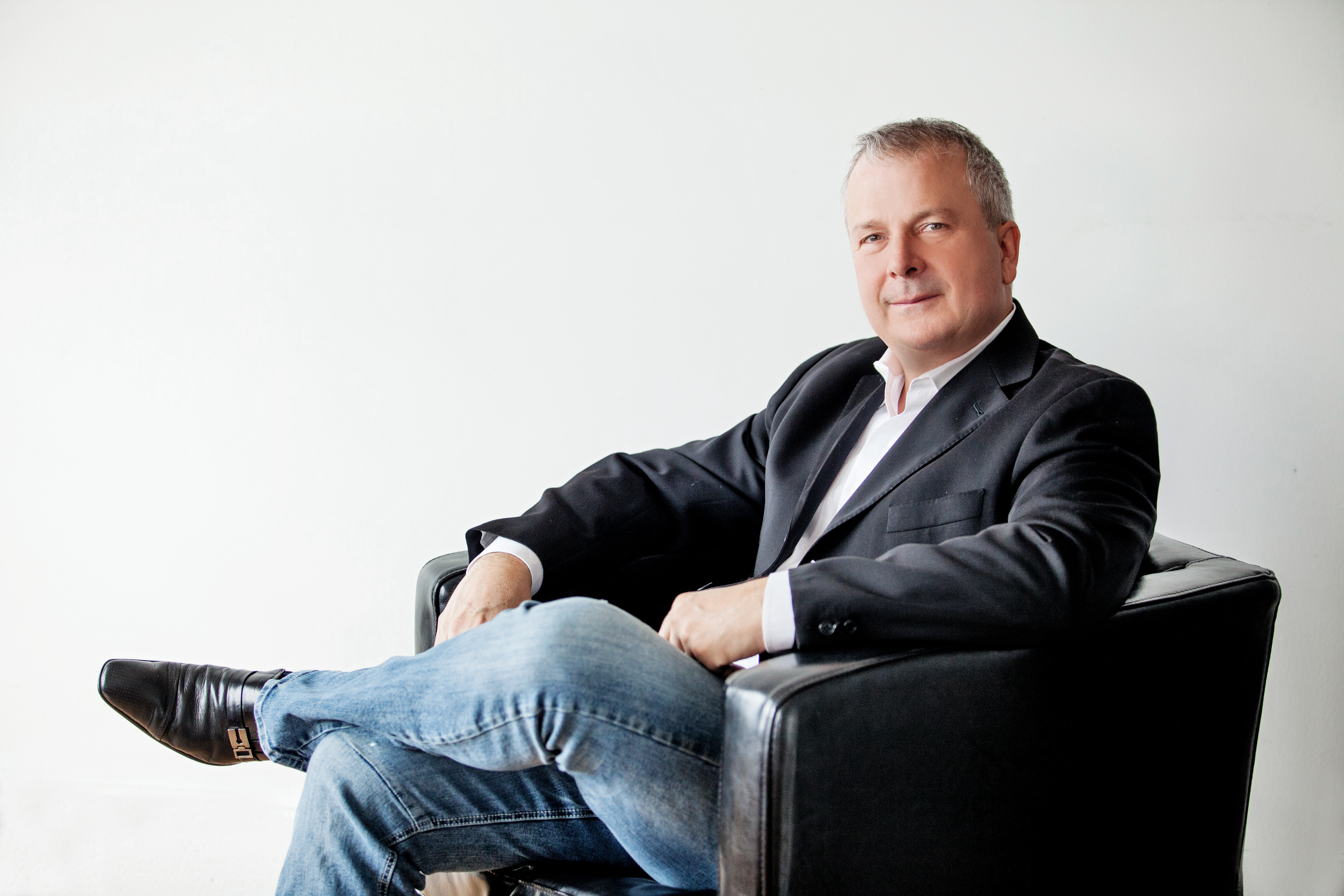
Many firsts in life are exciting and rewarding. But this is a new first. Maybe the scariest most difficult first of your life.
As you walk down the hall, you feel an aching pit of anxiety, a black ball of despair twisting in your gut. Your head hangs low in defeat.
As you walk into the room, you scan the others, careful not to make eye contact. The weight of shame and guilt are unbearable. You think about taking-off before its too late. But you find a seat in the back of the room. One thought keeps running through your head, ‘how the hell did I end up here?’ During the next hour, you listen to their stories. But you know what’s coming. We all do.
Just before the meeting wraps up, someone turns and invites you to speak. There’s an awkward pause. Everyone sits quietly, waiting for you to share. Out of a sense of duty or obligation, you finally respond, ‘Hi, my name is _______, I’m an alcoholic.’
Alcoholics Anonymous (AA) and all twelve-step meetings start this way. Nearly all first-timers experience a gut-wrenching first meeting. At a 12-step meeting, you are encouraged to admit to a label. Alcoholic. Addict. Sex addict. Gambler. And more. It’s done so with anonymity. The first step in any twelve-step process is to admit to yourself and others that you are ‘powerless’ over alcohol (or other substances, or even a behavior).
According to the Oxford English Dictionary, the definition of powerless is, ‘without power, strength, or ability; wholly unable to act, influence, etc.; helpless, impotent.’ No professional asks a patient to publicly say they are powerless when we talk about other life-style related issues, disease states, or disorders. But what does the science tell us about an addiction or substance use disorder?
The National Institute on Drug Abuse (NIDA) states that addiction is both a complex brain disorder and a mental illness. The American Society of Addiction Medicine (ASAM) – the largest professional association of medical clinicians for addictions in the US – states (2011) ‘Addiction is a primary, chronic disease of brain reward, motivation, memory and related circuitry. In the DSM-5, The American Psychiatric Association (APA) has recently reclassified an addiction as a ‘substance use disorder (SUD).’
There is a lack of consensus. Some define addiction as a disease or while others define it as a disorder. It depends more on the background of the professional body who is looking at this complex issue.
Whether you define addiction as a disease or disorder, there remains one commonality – it’s a brain thing.
This is a critical distinction. While complex and involving many other factors, everyone agrees that the brain is both directly involved and impacted.
The brain drives choice. Brain and behavior are directly correlated in neuroscience and psychology.
Decades ago, the socially accepted understanding of addiction came from a study of rats in a cage with two water bottles. One was simply water, and the other was morphine-water. 9 out of 10 rats chose the morphine-water, abusing it compulsively, resulting in death. This quickly became the leading study in the field of addiction.
Approximately 1980 Bruce K. Alexander, PhD observed the previous rat experiments and saw a flaw. The original study had the rats living in small cages in solitude. Alexander designed Rat Park with toys, wheels, games, tunnels, rat friends, and sex.
The result was most of the rats did not drink the morphine-water. Even those that did took very small amounts when compared to the previous study. The rats that had a fellowship, or a connection, and purpose were happy, vibrant, and thrived. Despite having an endless supply of morphine-water available they displayed no addictive type behavior. The findings were earth-shaking.
Of interest Marion Diamond, PhD (1965) discovered when rats live in an impoverished environment, their brains shrink in size and function poorly, often showing signs of depression and anxiety. Conversely when rates live in an enriched environment their brain gets bigger, and their overall function and happiness improves – quite dramatically.
And when it comes to the brain, size does matter.
As evidenced in the Rat Park study living in an enriched environment has a dramatic positive effect on brain function and overall happiness. It has changed everything we once thought about addiction or SUD.
What do we do as a society? We shame and isolate people with an addiction problem. In essence we create an impoverished environment and then wonder why people struggle.
When we approach an addiction (SUD) from a brain-first perspective, we alleviate the shame and social stigma. Leveraging the newest findings in applied neuroscience is omnipotent. Accepting and understanding that the brain controls behavior is the beginning of regaining power and control of our own life. Is it a state of impotence or powerlessness to have a brain that is not functioning optimally?
Consider the opportunity for lasting recovery and well being when treatment and therapy becomes a brain-first approach.
At Emergo Recovery, we have pioneered this brain-first approach with Actualized Recovery®, a new paradigm helping people overcome their pain and struggle with addictions and SUD. But we’re not the only ones focusing and harnessing the power of a balanced, optimized brain.
The Amen Clinics leverages a brain-healthy approach to sustained well-being. Dr Mark Hyman, Director at the Cleveland Clinics Functional Medicine department, has introduced the Broken Brain series. Johann Hari has written extensively on this new paradigm and has a powerful TED Talk. Even Dr. Phil now recommends a brain-healthy approach to recovery and wellness.
Let’s end the shame and social stigma of addictions or SUD. Its time to embrace science and the power of your brain.

Dave Kenney is the Co-Founder and Executive Director at Emergo Recovery, a private, residential recovery and wellness center focused on a brain-first approach. With over thirty years of experience in human development, Dave pioneered Actualized Recovery®, an integrative brain-first approach to lasting recovery. This proprietary methodology leverages neuro-balancing technology, nutritional therapy, orthomolecular restoration, positive psychology, SMART Recovery, cognitive behavioral therapy (CBT), motivational interviewing, robust fitness, biophilia, and more to restore mind-body health and inspire the spirit. Dave is a PhD candidate in philosophy at Canterbury University focusing on neuroscience and psychology and holds a master’s degree in education from Northwestern State University. He is a certified Brain Health Coach, a master’s certified Brainwave Optimization Technician, a certified Life Coach, and has certification in Self-Management for Addiction Recovery (SMART Recovery) and as a Recovery Coach (CCAR). Additionally, Dave is a member of both the Canadian Society of Addiction Medicine (CSAM) and the American Society of Addiction Medicine (ASAM). Connect with Dave.

